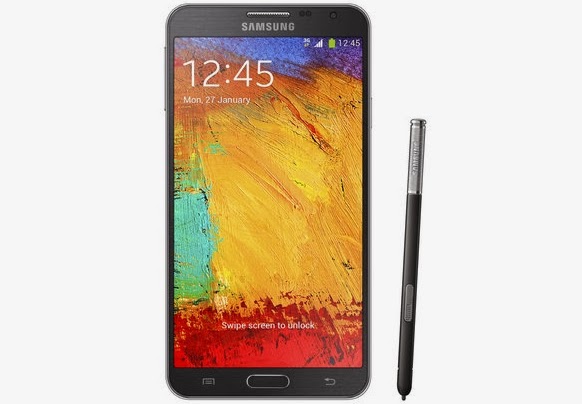Freeform 3D Printing With "UNDO" Function
 |
Freeform 3D Printing With "UNDO" Function |
The gel supports the liquid resin deposited by the robot while it hardens, overcoming a shortcoming of other 3D printing technologies, where structures to prevent the objects from collapsing need to be printed along with the objects themselves.
 |
Harms developed a special print tool for the project |
The institutes 3D printing technology also allows for vector-based printing, which means the print head can move in three dimensional planes rather than building objects from thin two dimensional layers.
 |
Deconstruction of the print tool |
Brian Harms developed the Suspended Depositions process as part of the ESTm (Emerging Systems and Technologies) course at SCI-Arc. "By injecting and suspending light-curing resin in a gelatinous medium, one is afforded the ability to shape freeform objects without the need for molds or other subtractive manufacturing processes that would otherwise be necessary," Harms explains.
 |
Robotic arm with Harms' print tool mounted |
Resin from the printer is injected through a needle-like print head attached to the robotic arm and then is hardened when exposed to light. Once the object is finished and removed from the gel, it can be reused.
The technique potentially allows for parts of the printed object to be undone, by sucking or scooping the still uncured resin from the gel without affecting the rest of the structure.
 |
The robotic arm injects resin into a gel-filled container using the special print tool |
Harms' project follows other recent breakthroughs in "freeform" - or unsupported - 3D printing. In May, Petr Novikov and Saša Jokić from Barcelona's Institute for Advanced Architecture of Catalonia unveiled a robot arm that can print freeform objects using thermosetting plastica, along with designer Joris Laarman from the Netherlands developed a freeform printer that used a process called ”anti-gravity object modelling”. In February, a 3D-printing pen that can doodle freeform objects raised almost $500,000 in its first day of fundraising on Kickstarter.
 |
Test prints |


